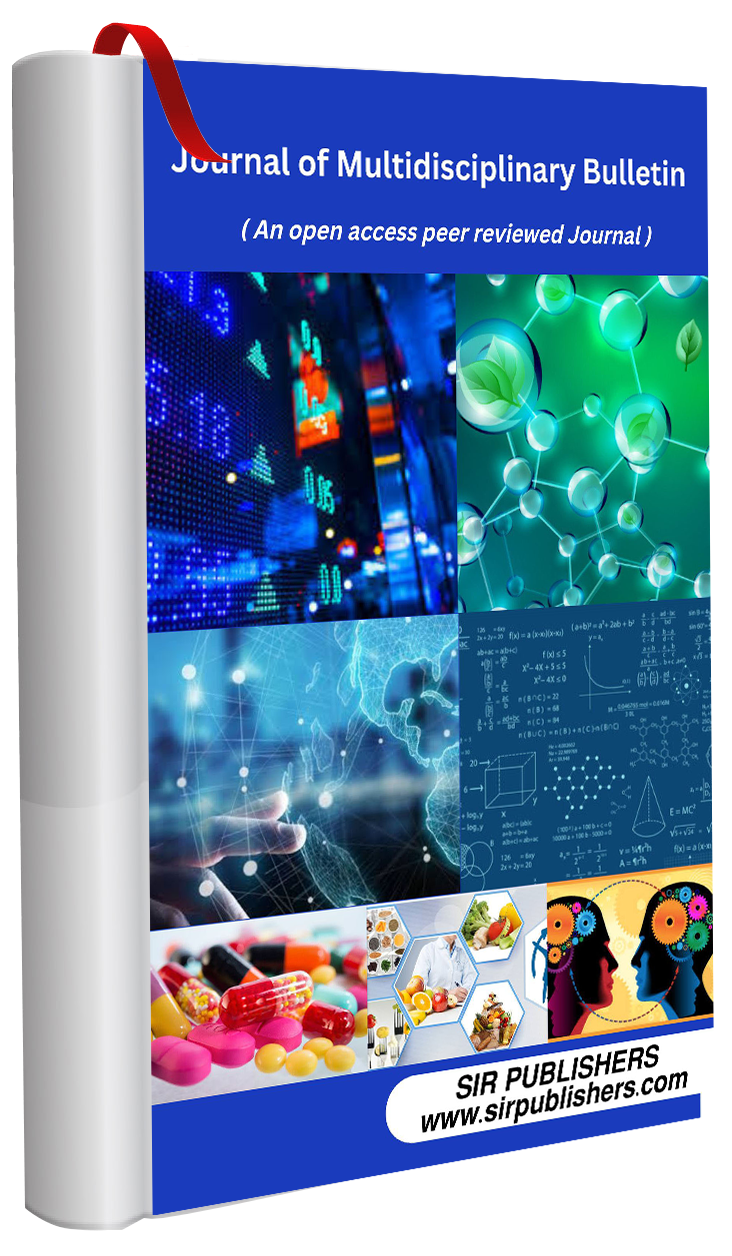THE PRAGMATIC ASPECT OF MODALITY CATEGORY IN ENGLISH
Keywords:
modality, pragmatics, linguistic category, modal verbs, pragmatic markers, language comprehension, communicative intent, effective communication, language teaching, contextualization, non-verbal communication.Abstract
This comprehensive article delves into the multifaceted world of modality in the English language, with a specific focus on its pragmatic aspect. Modality, which concerns a speaker's attitude, belief, or commitment towards a proposition, is central to effective communication. The article explores the diverse dimensions of modality, such as expressing certainty, offering advice, and conveying politeness. It also examines the role of modal verbs, adverbs, and pragmatic markers in shaping the nuances of modality. By providing insights into the real-world applications of modality in various contexts, including negotiations, customer service, healthcare, and more, this article highlights the significance of understanding and utilizing modality to enhance language comprehension and communication. It also addresses the challenges faced by language learners and offers guidance on teaching pragmatic modality. This article serves as a valuable resource for those seeking a deeper understanding of how modality functions in English and its pivotal role in effective and nuanced communication.
References
Aijmer, K. (2009). Modal adverbs as discourse markers. In A. Jucker & I. Taavitsainen (Eds.), Speech acts in the history of English (pp. 241-258). John Benjamins Publishing Company.
Coates, J. (1983). The semantics of the modal auxiliaries. Croom Helm.
Crystal, D. (2008). A dictionary of linguistics and phonetics. Wiley-Blackwell.
Fuentes-Gómez, C. (2018). Evidentiality and epistemic modality in Spanish: Semantic bleaching, pragmatics, and discourse functions. In J. van der Auwera & T. Kuteva (Eds.), The Oxford handbook of modality and mood (pp. 428-443). Oxford University Press.
Huddleston, R., & Pullum, G. K. (2002). The Cambridge grammar of the English language. Cambridge University Press.
Levinson, S. C. (1983). Pragmatics. Cambridge University Press.
Palmer, F. R. (2001). Mood and modality (2nd ed.). Cambridge University Press.
Sbisa, M. (2003). Modality in English: Theory and description. Walter de Gruyter.
Sweetser, E. (1990). From etymology to pragmatics: Metaphorical and cultural aspects of semantic structure. Cambridge University Press.
Verschueren, J. (1999). Understanding pragmatics. Oxford University Press.









